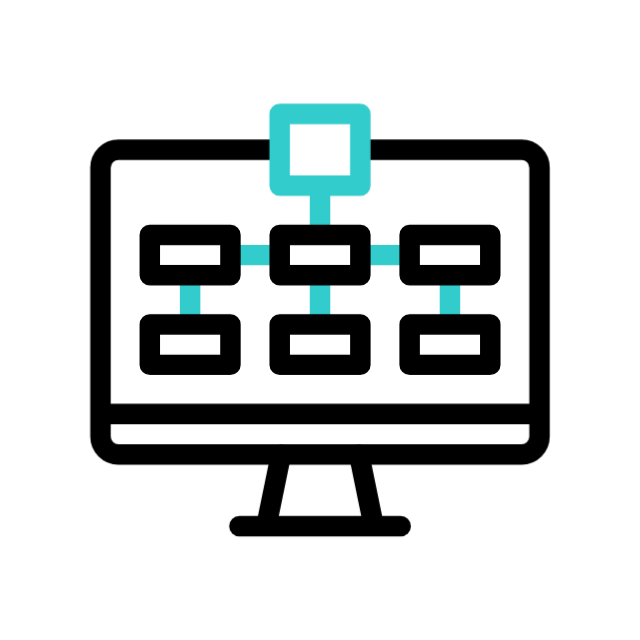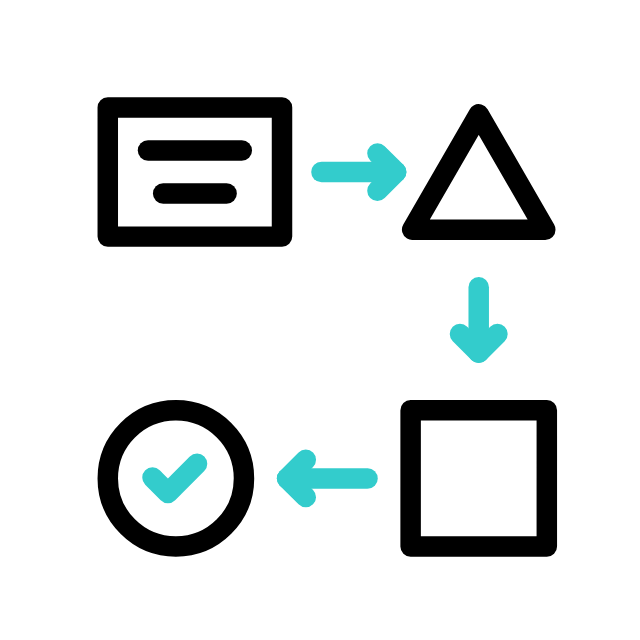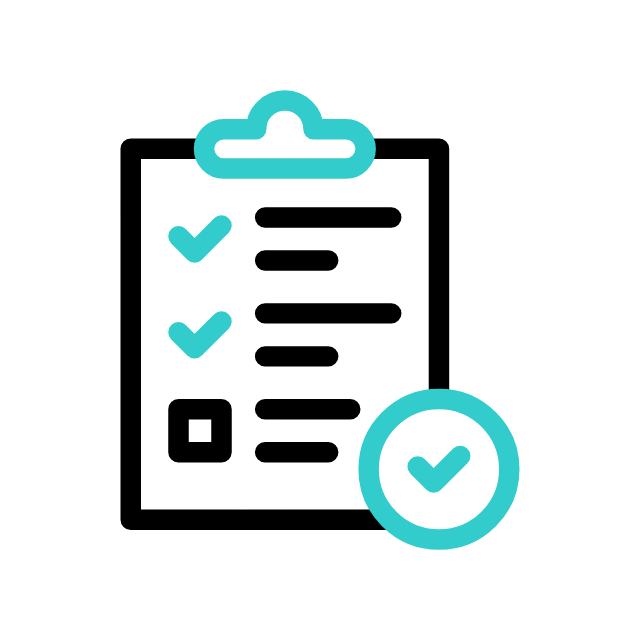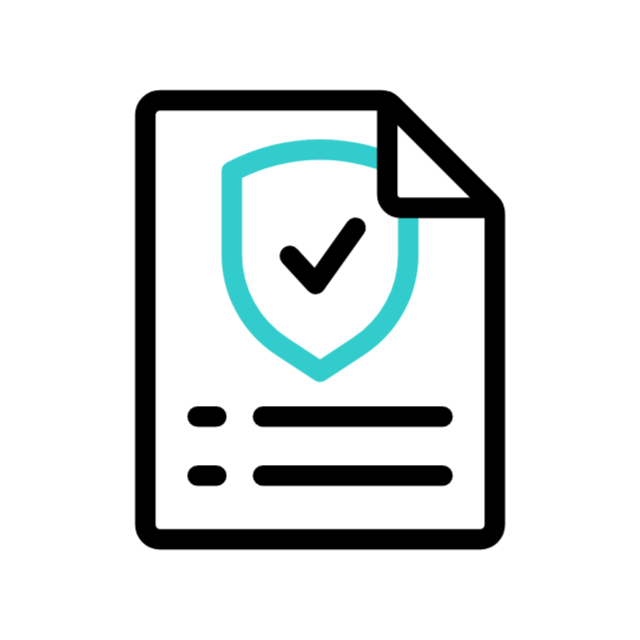Top Data-Privacy Challenges addressed by us

Insufficient safeguards and undefined policies
Adversaries can compromise an organization's security through a variety of methods, including data hoarding, identity theft, confidential information leakage, and data trading. As disruptive technologies continue to emerge, the landscape of data breaches and cyberattacks is evolving, posing significant challenges for organizations striving to equip themselves and remain prepared for the future.

Rapid growth of data and devices across the organization
Businesses that collect and access substantial amounts of consumer data from various channels often struggle to implement consistent, secure policies for data collection, storage, and usage. This fragmented approach, where different teams develop their own data handling procedures, results in a lack of clarity and uniformity across the organization.

Absence of internal governance and cultural alignment
Data privacy professionals frequently operate in isolation within their organizations, as there is often a lack of collaboration and alignment between them and business owners. Without a shared commitment from top and middle management to implement robust data privacy protocols across the entire business ecosystem.

Dynamic regulatory and evolving global legislation
Data privacy laws and regulations continue to change and evolve across the globe, making it difficult for organisations to keep pace with the latest developments. Sometimes, data privacy laws could impact an aspect of your business, even if you do not have a geographical presence in the country or region that passed the legislation.
How can we help?
What makes us different from others? We give holistic solutions with strategy, design & technology.

Core Services
- DPIA Readiness Assessments
- Full DPIA Lifecycle Support
- Automated DPIA Template Setup
- Risk Analysis & Impact Scoring
- Documentation & Sign-off Process

Our Approach
- Identify the Need for a DPIA
- Define the Information Flows
- Assess Necessity & Proportionality
- Identify & Evaluate Risks
- Recommend Mitigation Measures
- Sign Off & Review Periodically

Regulatory Alignment
- GDPR (EU)
- CCPA/CPRA (California)
- PDPA (Singapore)
- DPDP (India)
- Support global privacy law convergence

Challenges we solve
- Lack of clear scope and objectives
- Incomplete or inaccurate information
- Stakeholder engagement issues
- Interpreting legal and technical risks
- Lack of expertise or resources

Tools & Frameworks
- OneTrust, TrustArc, BigID for DPIA automation
- ISO/IEC 27701 & NIST Privacy Framework
- Documented Control Libraries
- GDPR Article 35 DPIA Checklist
- Organization-specific governance models
- DPIA customized questionnaires

DPIA Consulting
- Identify high-risk processing operations
- Conduct DPIA readiness Audit
- Customize DPIA templates for your use cases
- Implement tracking and governance structure
- Ongoing DPIA review and assessments
Navigate the complex world of Data-Privacy with confidence.
Determine the Objectives and Scope of the Assessment
Document the types of personal data that's collected, including any sensitive information or basic identifiers. Specify the legal justifications for collecting this data under the specified regulatory standards (GDPR, CCPA, etc.).
Determine the Data Flow Paths
Map out the journey of personal data within your project - from collection, to processing, storage, and sharing. Understanding these data flows is essential for identifying vulnerabilities in your data handling practices.
Risk Analysis Using Quantitative and Qualitative Methods
Quantitative methods employ statistical data to measure the probability and impact of risks. Qualitative assessments rely on insights from stakeholders, providing valuable context & identifying potential issues that may not be evident from statistical data alone.
Assess Privacy Risks
When assessing data-privacy risks, let's consider the probability of a data breach and the potential severity of its consequences, whereas a minor incident may have only limited impact.
Continuously Monitor and Review the Assessment
To ensure ongoing compliance and effectiveness, regularly review and monitor the Data Protection Impact Assessment (DPIA). Engaging stakeholders in this continuous process will enhance transparency and help foster a culture of data protection across the organization.







